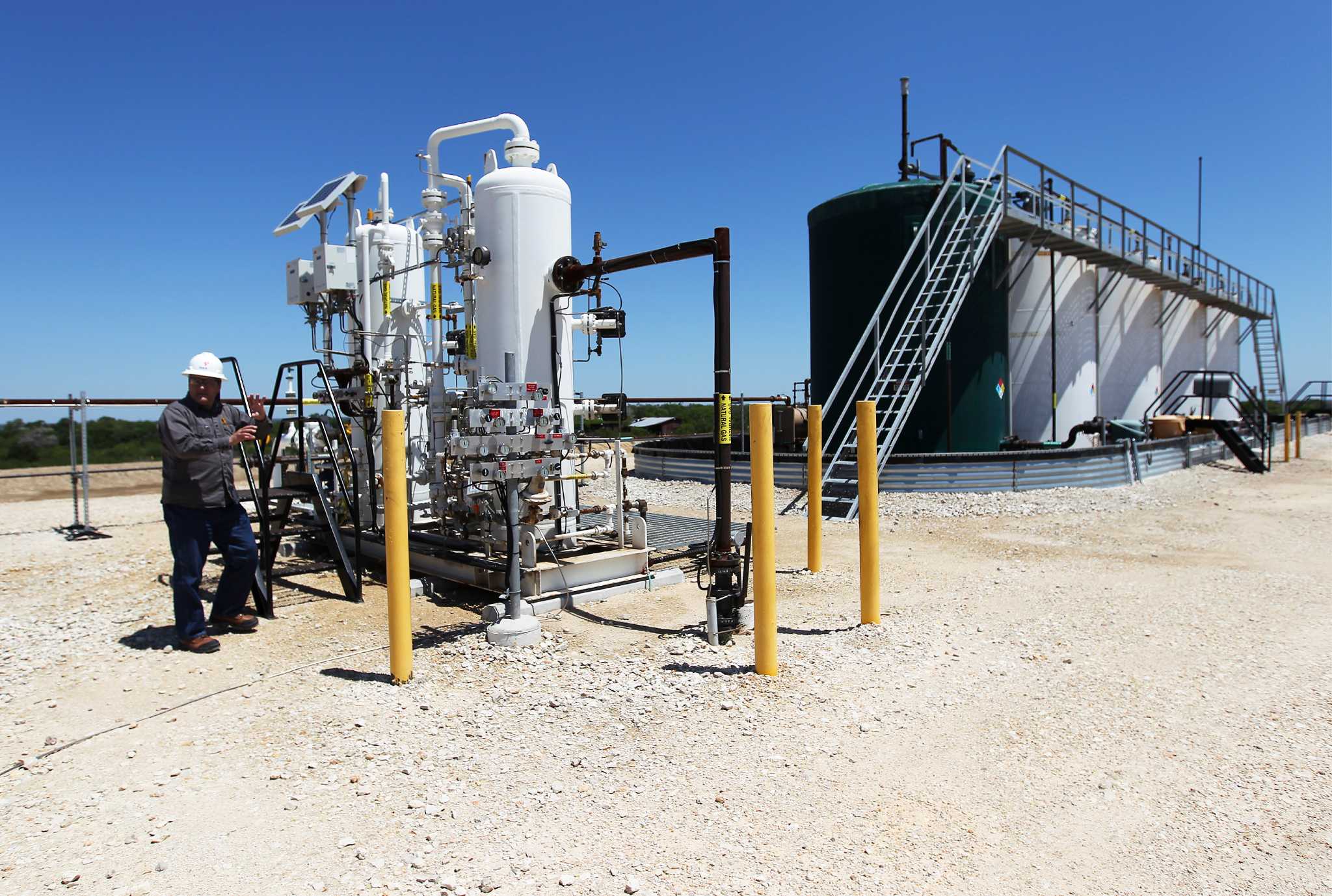Record Amount of Natural Gas Impact Fees Distributed

By David Fidlin
The amount of revenue generated from impact fees linked to natural gas wellheads has reached an all-time high, according to just-released figures from the Pennsylvania Public Utility Commission.
According to the utility, $251.8 million in disbursements will be dolled out to municipalities and counties across the state in early July from revenue generated from the impact fees this past year.
According to a news release from the PUC, the record-high impact fees is driven solely by the rise in wellhead reliance, which was up 1,042 users, from 8,518 in 2017 to 9,560 last year.
This year’s disbursement is a $42.2 million increase from the $209.5 million dolled out a year ago, according to the PUC’s historical data. Disbursements in 2016 and prior years fluctuated from $173.2 million to $225.7 million.
The commission has been disbursing impact fee revenues from natural gas wellheads since 2012, when the Unconventional Gas Well Impact Fee Act was signed into law. It more commonly is referred to as Act 13.
The announcement of this year’s disbursements coincides with a debate among Pennsylvania lawmakers, who have been wrangling over the prospect of imposing a severance tax on natural gas. Democratic Gov. Tom Wolf supports a new severance tax. Republican lawmakers have opposed it.
Several Pennsylvania lawmakers have issued statements on the heels of the PUC’s announcement of this year’s disbursement, which has been forwarded on to the state Department of Treasury.
State Rep. Tina Pickett, R-Towanda, represents three counties receiving a collective $26.3 million of this year’s Act 13 disbursement.
In a statement, Pickett lauded the 6-year-old legislation for fortifying municipalities and counties with revenue to improve roads and bridges, enhance first response abilities, increase affordable housing options and stabilize stream banks.
Bradford and Susquehanna counties, two of the three within Pickett’s district, are among the top revenue benefactors within the state.
“As long as drilling is occurring, impact fee revenue will help our local governments deal with the effects caused by the activity in their communities,” Pickett said.
The six lawmakers comprising the York County House Republican Delegation have also weighed in on this year’s disbursement, pointing out disbursements across their region have totaled more than $3.1 million since Act 13 was introduced.
“Despite the absence of a single natural gas well pad or drilling rig within its borders, York County’s municipalities and citizens still benefit from Pennsylvania’s abundance of natural gas because of the impact fee imposed by Act 13 of 2012,” the lawmakers wrote in the statement.
While disbursements vary from one area of the state to the next, depending on where natural gas wellheads are located, the York County lawmakers in the statement said all of Pennsylvania reaps the rewards.
“The fee, which is in fact a tax on the industry, was designed to benefit the entire state, whether or not a particular county sits within the Marcellus Shale natural gas formation, under which approximately half of the state lies,” the delegation wrote.




